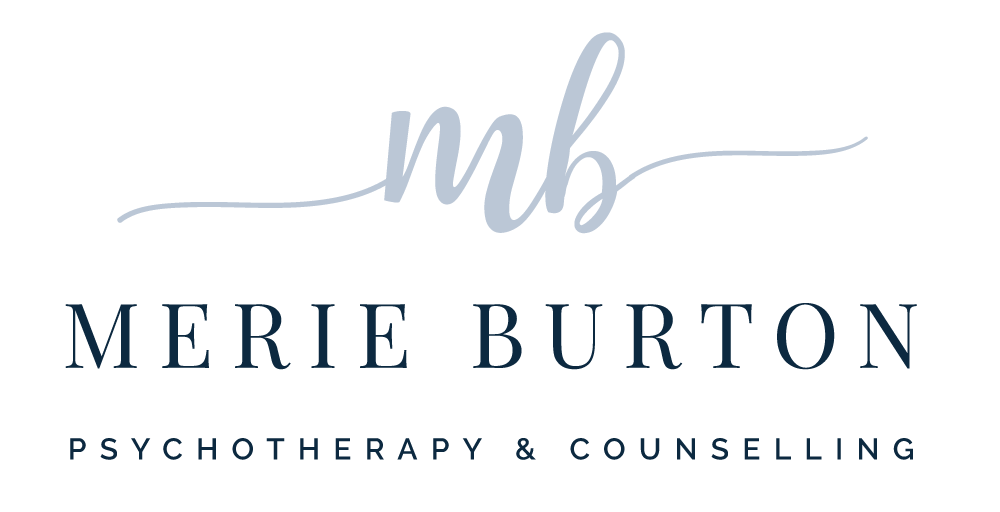Connecting to your Inner Self
I’m not a fan of reality television. My two highest values are authenticity and love, and “reality” TV shows seem to be far from authentic and loving. Having said that, I am quite fascinated by television shows that depict human transformation. The Biggest Loser is an example. For some participants, significant weight loss seems to come not just through rigorous training and disciplined eating but also through coming into a new and more loving, compassionate relationship with themselves. MasterChef is another example. All contestants acquire new culinary ideas and skills, but for a few it seems, contact is made with an “inner self” that brings both inspiration and mastery.
I am intrigued by this human capacity for change. Humanists call it our “self-actualising potential”. Buddhists call it our “Buddha-nature”. Christians call it “the indwelling Spirit” or “Christ in us”. For indigenous spiritualities it is our interconnectedness with land and all living beings that brings us into contact with our powerful creator ancestors. Psychology and spirituality all seem to be pointing to the central and important notion that within each one of us there is a “seed”, a “spark”, an inner potential that when nurtured and given room will emerge to become a beautiful and fruitful tree, a light shining in the darkness.
David Richo in How to be an adult in relationships: The five keys to mindful loving describes the role of love in the nurturance of our inner selves:
“At every stage of our life, our inner self requires the nurturance of loving people who are attuned to our feelings and responsive to our needs. Their unconditionally loving gaze welcomes the personal appearance of our true self. Those who love us foster our inner resources of personal power, lovability and serenity. Those who love us and understand us and are available to us with an attention, appreciation, acceptance and affection we can feel. They make room for us to be who we inly are.”
My hope and goal is that my counselling room is that “room-making room” where my clients are empowered to become the heathiest possible version of who they uniquely are.
Author: Monique Dalais

